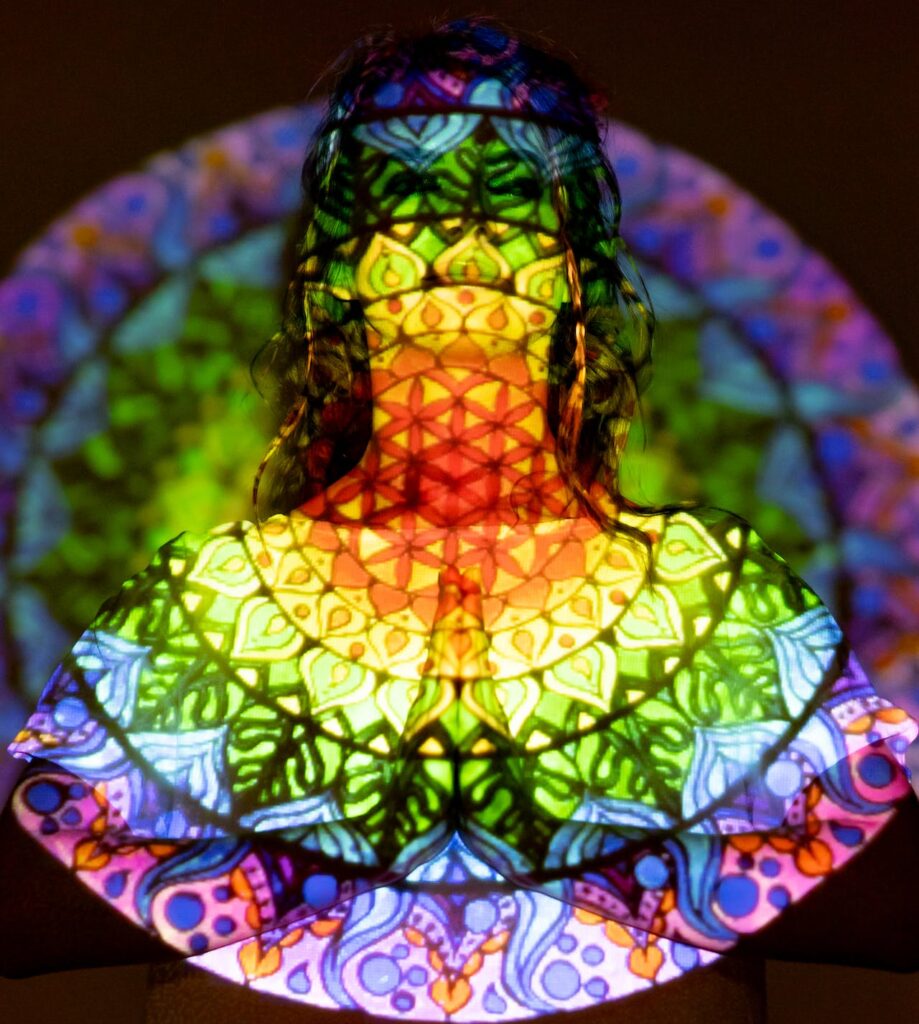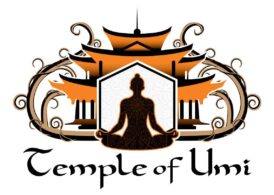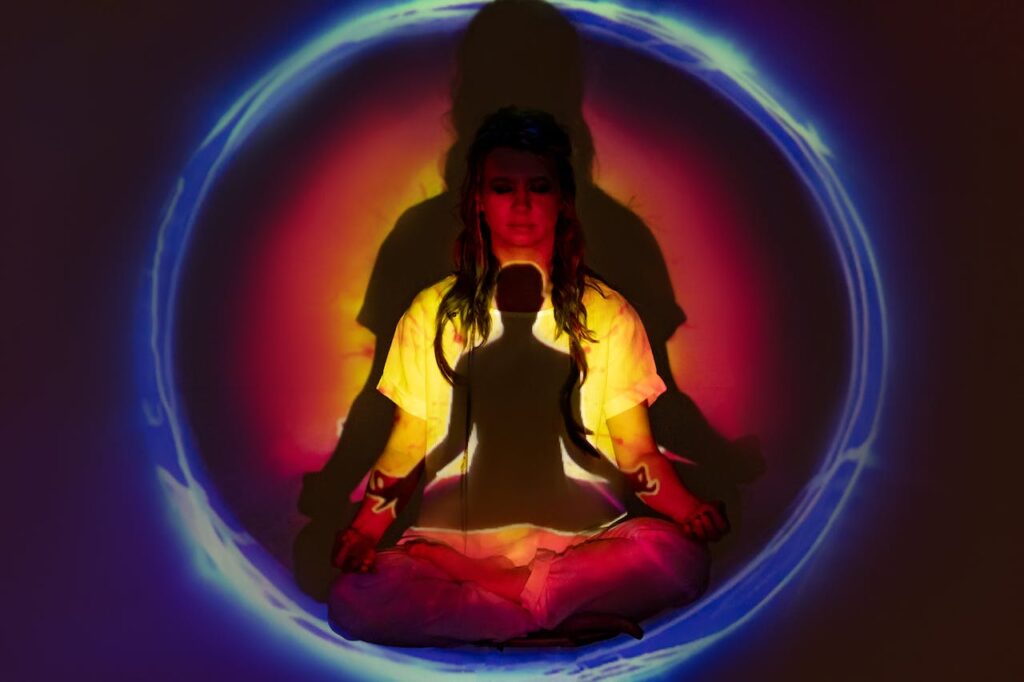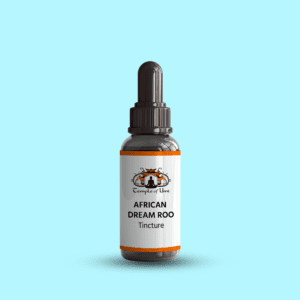Dive deep into the global legal status of ayahuasca. From cultural heritage to controlled substance, discover how different countries navigate its use.
Introduction
Ayahuasca, a sacred brew with deep roots in the indigenous cultures of the Amazon, has captivated the interest of people worldwide. This potent concoction, made from the Banisteriopsis caapi vine and the Psychotria viridis leaf, is renowned for its psychedelic properties and profound cultural and spiritual significance. Ayahuasca ceremonies, historically central to the spiritual practices of various indigenous tribes, are now sought after by individuals across the globe seeking healing, enlightenment, and a deeper connection with the natural world.
This guide aims to navigate the intricate legal landscape surrounding ayahuasca. As its popularity surges, so do questions about its legality, leading to a complex patchwork of regulations that vary significantly from one country to another. This guide aims to shed light on these complexities, offering a clearer understanding of where and under what conditions ayahuasca can be legally accessed.
The Roots of Ayahuasca: Historical and Cultural Background
Origins of Ayahuasca Use in Traditional Ceremonies
For centuries, ayahuasca has been a cornerstone of spiritual and healing practices among indigenous tribes of the Amazon basin. This tradition is deeply embedded in the cultural fabric of these communities, serving as a bridge to the spiritual world and a means to gain wisdom, healing, and guidance. The preparation and consumption of ayahuasca are surrounded by rituals and ceremonies that are as diverse as the tribes themselves, each with its unique set of beliefs and practices.
Its Role in Modern Spiritual and Therapeutic Practices
In recent decades, the allure of ayahuasca has transcended its traditional roots, capturing the interest of the global community. Today, ayahuasca is at the forefront of a psychedelic renaissance, heralded for its potential to treat a range of mental health issues such as depression, anxiety, and PTSD. Modern seekers use ayahuasca in a variety of contexts, from traditional ceremonies led by indigenous shamans to sessions facilitated by trained healers in countries far from its Amazonian home. Despite the controversies, anecdotal evidence and emerging scientific research suggest that ayahuasca may offer profound spiritual and therapeutic benefits.
Global Legal Perspectives on Ayahuasca
The Challenge of Categorizing Ayahuasca Under International Drug Laws
The legal status of ayahuasca presents a unique challenge for lawmakers around the world. Unlike other controlled substances, ayahuasca is a brew that contains naturally occurring psychoactive compounds, making its classification under international drug laws complex. The primary psychoactive ingredient, DMT (N, N-Dimethyltryptamine), is listed under Schedule I of the United Nations 1971 Convention on Psychotropic Substances. However, the brew itself is not explicitly mentioned, leading to a legal grey area that countries navigate differently.
A Comparison of U.N. Drug Treaties and Ayahuasca’s Status
The ambiguity in international treaties has resulted in various legal interpretations by member states. Some countries focus on the presence of DMT to justify strict regulations or outright bans on ayahuasca. In contrast, others consider the traditional and religious use of the brew as exempt from such restrictions. This discrepancy highlights the tension between international drug control efforts and the growing recognition of ayahuasca’s cultural and therapeutic importance. As the global community continues to grapple with these issues, the legal status of ayahuasca remains a subject of debate and evolution.
This comprehensive overview aims to untangle the complex legalities surrounding ayahuasca, providing clarity for those seeking to understand where and how they can legally engage with this ancient yet increasingly popular spiritual practice.
Ayahuasca’s Legal Status by Region
The legal landscape of ayahuasca is as diverse as its cultural heritage, with laws varying significantly across different regions of the world. Understanding the legal status of ayahuasca by region is crucial for those interested in its use, whether for spiritual, therapeutic, or scholarly purposes. Below, we delve into the intricacies of ayahuasca legality across various global regions, shedding light on the complex interplay between cultural traditions, legal frameworks, and international regulations.
North America
- United States: Religious Freedom vs. Controlled Substances Act
- Ayahuasca’s primary ingredients are classified as Schedule I controlled substances, indicating a high potential for abuse and no recognized medical use. However, court rulings have carved out exceptions for specific religious groups, recognizing ayahuasca use as a sacrament under the Religious Freedom Restoration Act. This creates a delicate balance where ayahuasca ceremonies can legally operate within religious contexts but remain under scrutiny for compliance with federal guidelines.
- Canada: Ayahuasca Legality and Health Regulations
- In Canada, ayahuasca falls into a grey area. While the active ingredient DMT is a controlled substance, the Canadian government has not explicitly legislated against the brew itself. Health Canada has occasionally granted exemptions for religious ceremonies, but such allowances are rare, and individuals or groups using ayahuasca risk legal repercussions without explicit permission.
Europe
- Netherlands: Tolerance and Legal Loopholes
- The Netherlands is known for its liberal drug policies, which extend to ayahuasca to a certain extent. While not explicitly legal, the Dutch system tolerates ayahuasca’s use, primarily when not directly associated with harmful consequences. However, recent court decisions have tightened regulations, leading to a more ambiguous legal status and increased enforcement actions against ayahuasca distribution centres.
- United Kingdom: Classification and Exceptions
- Ayahuasca’s active components are classified as Class A substances under U.K. law, the category reserved for the most severe drug offences. Nonetheless, the U.K. has seen a growing ayahuasca movement, with ceremonies typically operating in a legal grey area. Prosecutions are rare, but participants and organizers proceed at their own risk, with no formal exceptions.
South America
- Peru: Ayahuasca as Cultural Heritage
- Peru recognizes ayahuasca as a national cultural heritage, highlighting its importance in traditional healing practices. The Peruvian government permits the use of ayahuasca within ceremonial and ritualistic contexts, offering a haven for those seeking authentic ayahuasca experiences without legal constraints.
- Brazil: Religious Use and Legal Recognition
- Brazil stands out for its progressive stance on ayahuasca, legally permitting its use in religious ceremonies. Several well-established spiritual movements in Brazil integrate ayahuasca as a central sacrament, protected under the country’s constitution that guarantees freedom of religion.
Other Regions
- Australia: Regulations and Exceptions
- In Australia, DMT, one of ayahuasca’s key components, is classified as a prohibited substance. The legal status of ayahuasca itself is not explicitly addressed, leading to uncertainties and potential legal risks for users and practitioners. There have been instances of legal action against ayahuasca ceremonies, underscoring the need for caution and thorough legal understanding.
- Asia and Africa: Varied Perspectives and Legal Frameworks
- The legal status of ayahuasca in Asia and Africa varies widely, reflecting the diverse legal systems and cultural attitudes towards psychoactive substances. In most countries, the active ingredients in ayahuasca are controlled substances, with laws rarely making distinctions for ayahuasca’s traditional or religious use. The legal landscape remains fluid, with advocates in some countries pushing for recognition of ayahuasca’s cultural and therapeutic value.
Understanding the legal status of ayahuasca by region is essential for navigating its use’s complexities. As global perspectives on psychoactive substances continue to evolve, so too will the laws governing ayahuasca. Advocates and practitioners must stay informed and engaged with the legal frameworks affecting ayahuasca in their regions.

Legal Battles and Notable Cases
The journey of ayahuasca through the legal systems around the world has been complex and multifaceted, marked by several critical legal battles and the proactive roles of advocacy groups and religious organizations. These entities have been instrumental in shaping the conversation around the legal status of ayahuasca, highlighting the delicate balance between cultural heritage, religious freedom, and drug regulation.
- Vital Legal Cases Shaping Ayahuasca’s Legal Status Worldwide
- United States v. UDV (2006): A landmark case where the U.S. Supreme Court recognized the right of the União do Vegetal, a Brazilian-based religious group, to use ayahuasca as a sacrament, citing the Religious Freedom Restoration Act.
- Santo Daime Church in the Netherlands (2001): The Dutch court ruled in favour of the Santo Daime Church, allowing them to use ayahuasca legally for religious ceremonies, setting a precedent within the European Union.
- Cases in Canada and Australia have similarly tested the waters, balancing between recognizing ayahuasca’s spiritual significance and upholding drug laws.
- The Role of Advocacy Groups and Religious Organizations
- Advocacy groups like the Multidisciplinary Association for Psychedelic Studies (MAPS) and the Beckley Foundation have played pivotal roles in pushing for legal reform and supporting research on ayahuasca’s therapeutic benefits.
- Religious organizations, including the UDV and Santo Daime, have not only fought for their right to religious freedom but also contributed to a broader understanding and acceptance of ayahuasca’s cultural and spiritual significance.
The Future of Ayahuasca’s Legal Status
As we look towards the future, the legal status of ayahuasca stands at a crossroads, influenced by evolving global drug policies and a growing body of research into psychedelic therapies.
- Potential Changes in Global Drug Policy
- An increasing number of countries are reassessing their stance on psychedelics, driven by both scientific evidence and shifts in public opinion towards drug decriminalization.
- International bodies, such as the United Nations, may face pressure to revisit and potentially revise international drug control treaties to accommodate the unique status of substances like ayahuasca.
- The Impact of Research on Psychedelic Therapies
- Ongoing research is uncovering ayahuasca’s potential in treating conditions such as depression, PTSD, and addiction, challenging existing prejudices and opening up discussions on its legal status.
- The outcomes of this research could lead to regulatory changes, making ayahuasca more accessible for therapeutic use while still considering its cultural and spiritual dimensions.
As global perspectives shift and new evidence emerges, the legal landscape for ayahuasca is poised for change. Advocacy, research, and respectful dialogue will be vital in navigating these changes, ensuring that ayahuasca’s future is marked by understanding, respect, and legal recognition of its profound cultural and therapeutic value.
Navigating Legal Anticipations: Tips for Ayahuasca Practitioners
In the complex and often shifting legal landscape surrounding ayahuasca, practitioners, facilitators, and participants must navigate with caution and diligence. Understanding and adhering to the legal status of ayahuasca in your region or any region you plan to engage with is crucial for responsible and safe practice. Here are essential tips to help ayahuasca practitioners stay on the right side of the law:
- Stay Informed on Legal Changes:
- Subscribe to Newsletters: Join legal and advocacy groups focused on psychedelic laws. These organizations often send out updates on legal changes and developments.
- Government Websites: Regularly check the official health and narcotics control department websites for legal advisories or updates.
- Network with Community: Engage with the broader ayahuasca community through forums, social media, and local gatherings. Insights from within the community can be invaluable for staying updated.
- The Importance of Legal Counsel:
- Consult with Experts: Before organizing or participating in an ayahuasca ceremony, consult with legal professionals who specialize in drug law and religious freedoms. They can provide tailored advice based on the latest legal framework.
- Understand Your Rights: A lawyer can help you understand your rights and the nuances of the law regarding ayahuasca use, especially if it involves religious or therapeutic contexts.
- Preparation for Legal Challenges: Legal counsel can guide you in preparing documentation and evidence demonstrating your practice’s alignment with legal exceptions or protections.

Final words
The legal status of ayahuasca continues to evolve globally, reflecting a growing recognition of its cultural, spiritual, and therapeutic value. However, this evolution comes with a responsibility for practitioners to engage with ayahuasca in a manner that is both respectful and informed.
- The Evolving Nature of Ayahuasca’s Legal Status: As research into psychedelics expands and public opinion shifts, we may see more countries reevaluating and potentially changing their stance on ayahuasca. This dynamic field requires constant vigilance and adaptability from the ayahuasca community.
- The Importance of Respectful and Informed Engagement with Ayahuasca:
- Cultural Sensitivity: Recognize and honour the indigenous traditions and knowledge systems that have stewarded ayahuasca for centuries.
- Educate Yourself and Others: Understanding the complexities of ayahuasca, from its effects to its legal status, empowers practitioners to make informed decisions and advocate for responsible use.
- Community Responsibility: Practitioners must foster a community that prioritizes safety, legality, and ethical considerations in all ayahuasca practices.
Navigating the legal landscape of ayahuasca requires a proactive and informed approach underpinned by a deep respect for the traditions and communities associated with its use. As the conversation around psychedelics and their legal status evolves, so too must the practices and awareness of those who seek to engage with ayahuasca.











